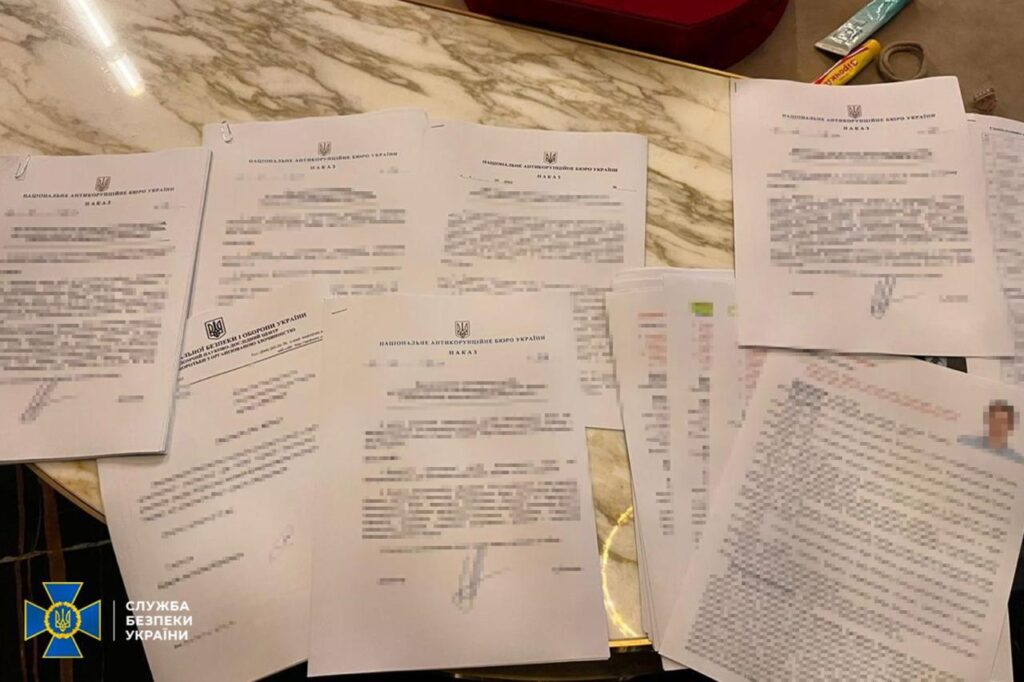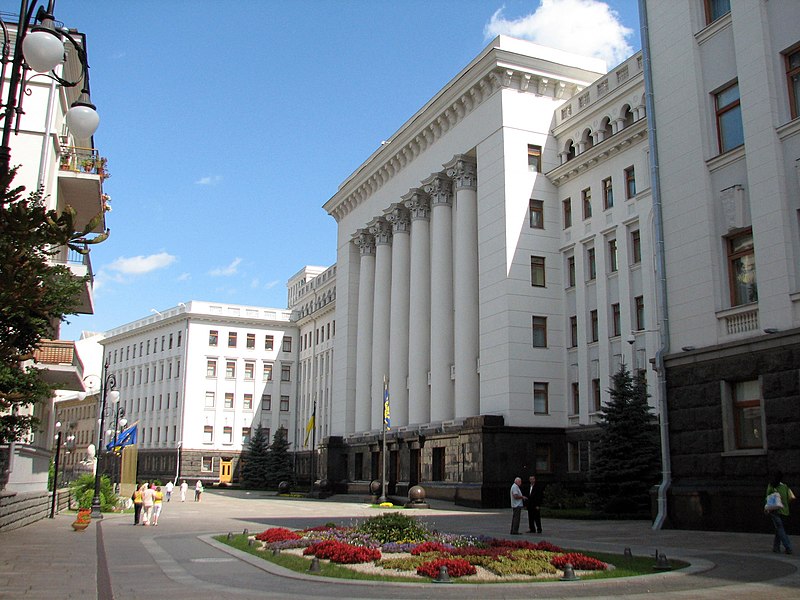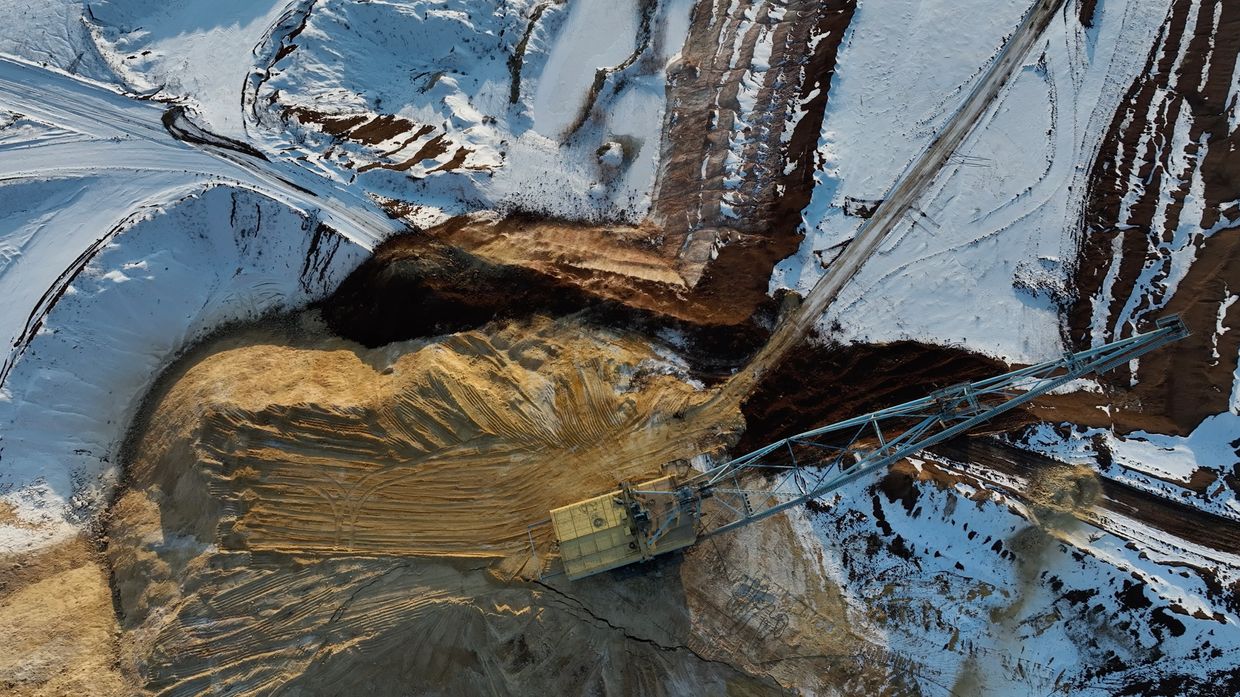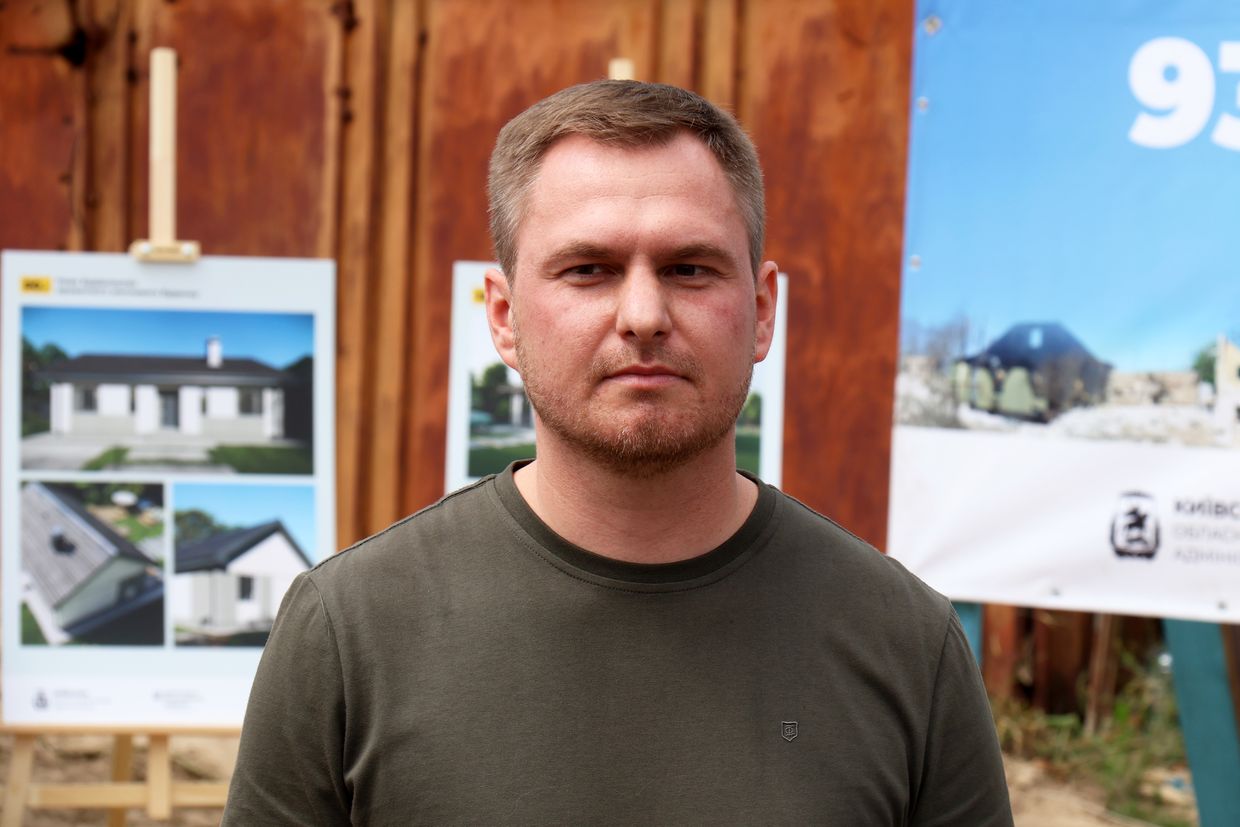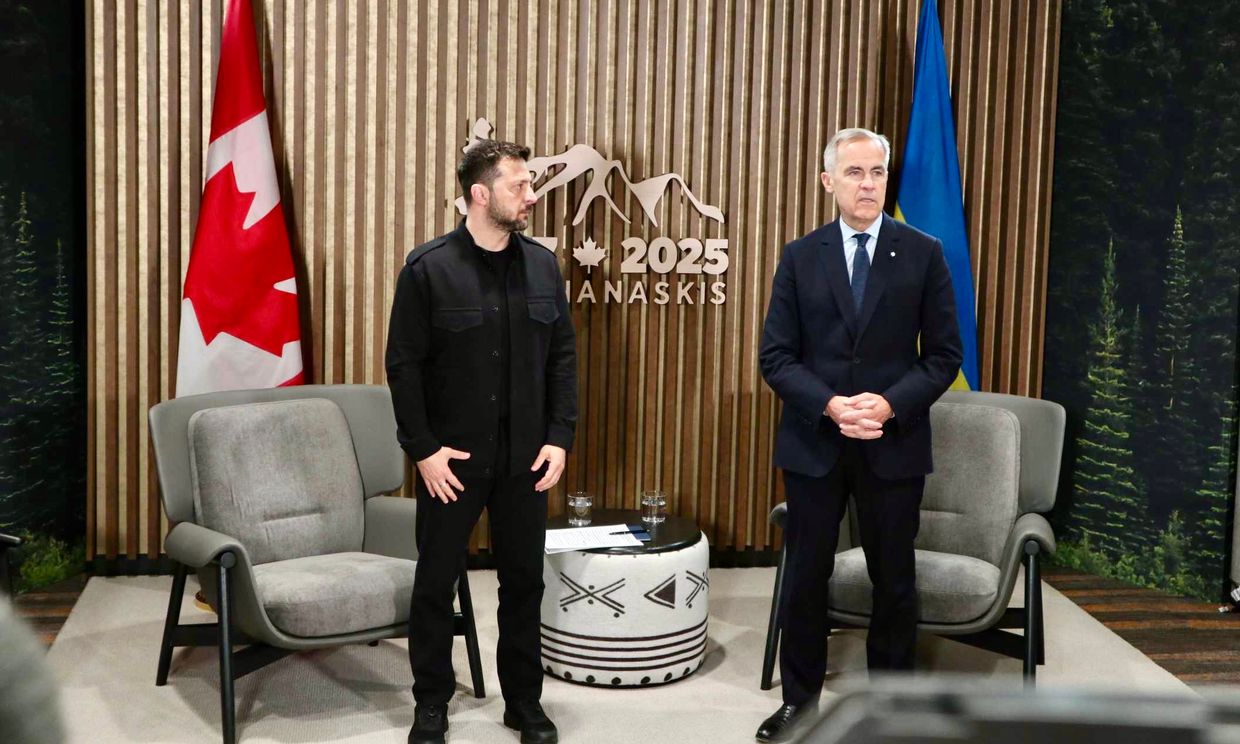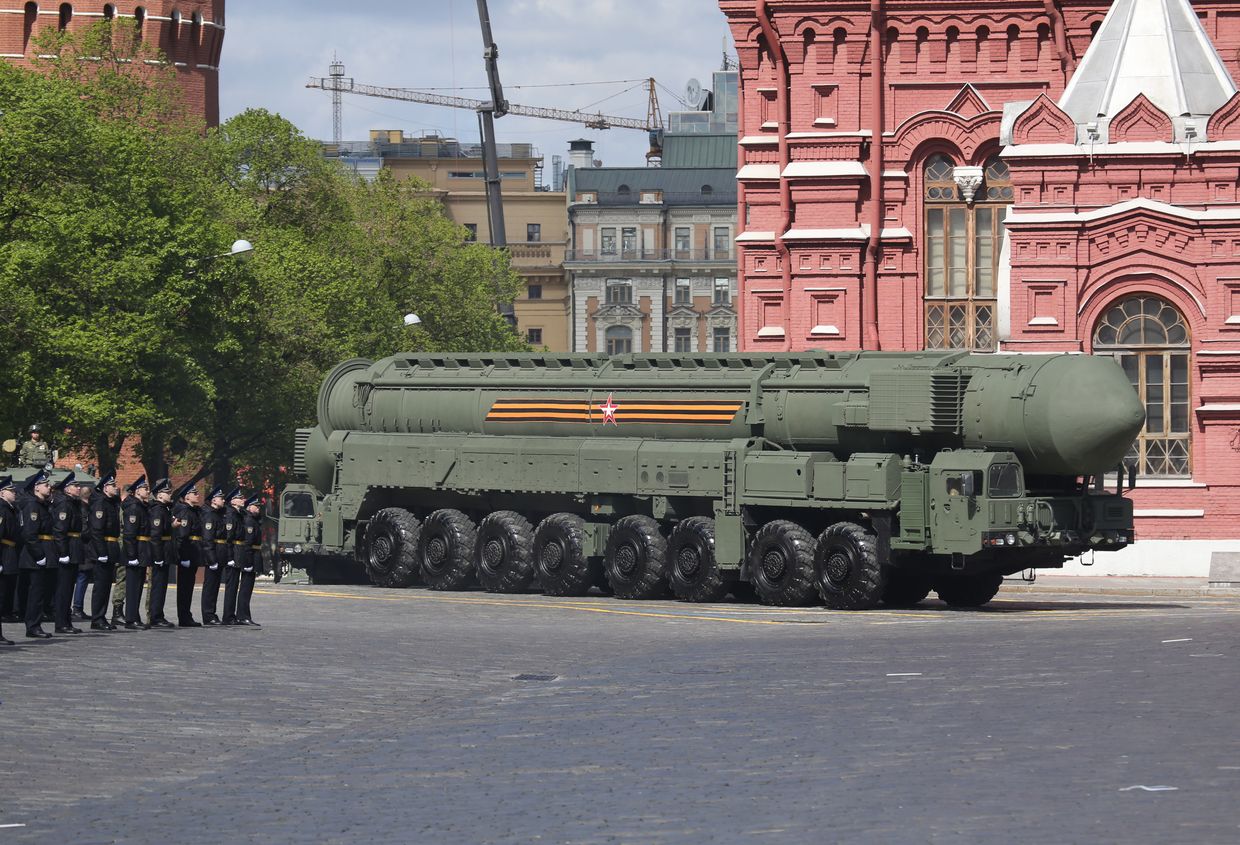Zelenskyy urgently gathers anti-corruption chiefs amid mass protests, as MPs plan to challenge his new controversial law in court
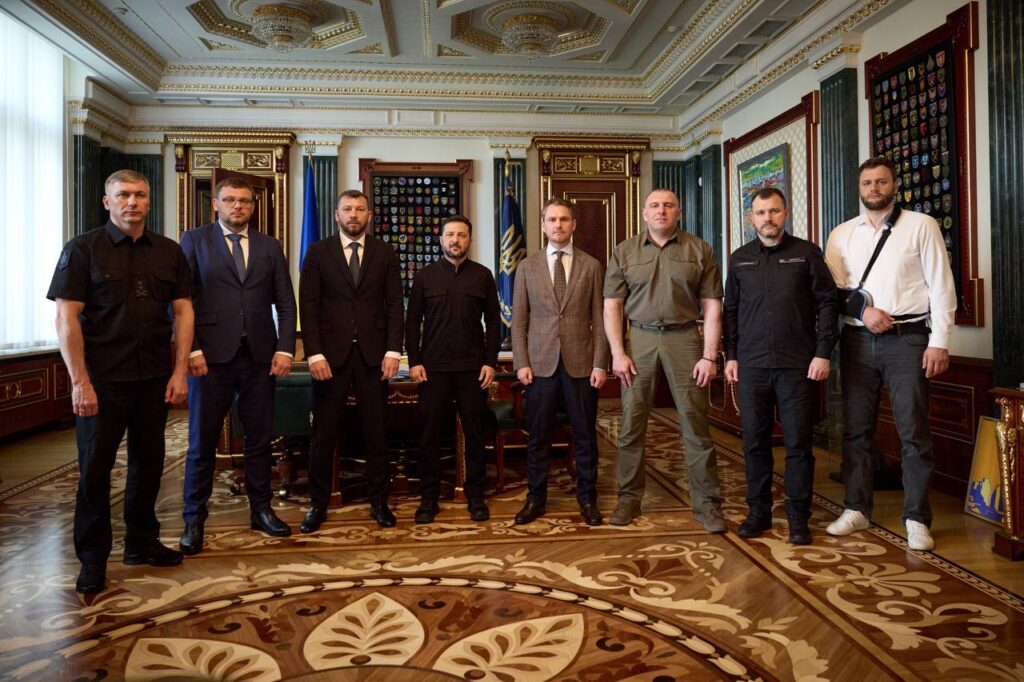
Ukrainian deputies prepare a counterstrike against a new controversial law in the Constitutional Court. After President Volodymyr Zelenskyy signed the controversial law narrowing the powers of the National Anti-Corruption Bureau (NABU) and the Specialized Anti-Corruption Prosecutor’s Office (SAP), MPs from the Holos parliamentary faction announced the start of collecting signatures for an appeal to the court.
The law that grants the Prosecutor General’s Office control over NABU and SAP was adopted amid a major scandal: an FSB agent was discovered inside NABU. While the authorities are trying to use this incident as an argument for centralization, human rights defenders and activists see it as the dismantling of the independent anti-corruption system created after the Revolution of Dignity.
“In fact, the only thing that can be done now to fix the situation is to strike down this law in the Constitutional Court,” says MP Yaroslav Zhelezniak, emphasizing that the parliamentary procedure was violated during the consideration of the bill.
He believes the initiative is entirely realistic: “We will need 45 signatures from deputies… but I think we can still find that many in the Ukrainian Parliament.”
Protesters have already taken to the streets in Kyiv, Lviv, Dnipro, and other cities. They are demanding the repeal of the law, which they believe will bring the country to the era of former President Victor Yanukovych, when the government controlled investigations, the prosecutor’s office, and the courts.
The morning after signing the law, Zelenskyy gathered the heads of all key law enforcement and anti-corruption agencies, including NABU Director Semen Kryvonos, SAP Head Oleksandr Klymenko, SBU Chief Vasyl Maliuk, and Prosecutor Kravchenko.
The president stated that “criminal proceedings must not last for years without verdicts” and said that “we all hear what society is saying.” According to him, a joint plan to protect public interests must be ready within two weeks, followed by an in-depth working meeting with all sides the week after.
Read also
-
Abuse of power: Ukraine’s Civil Anti-Corruption Council urges Zelenskyy to veto new law undermining anti-corruption system
-
Western trust under threat as Zelenskyy nears signing controversial law that crashes Ukraine’s anti-corruption system
-
Kyiv court arrests suspected Russian spy embedded in anti-graft bureau
